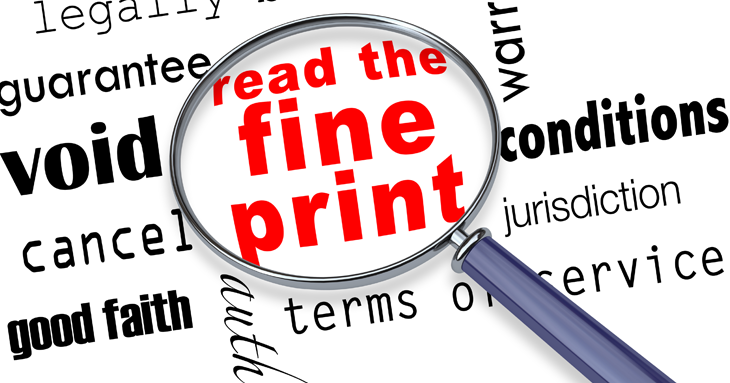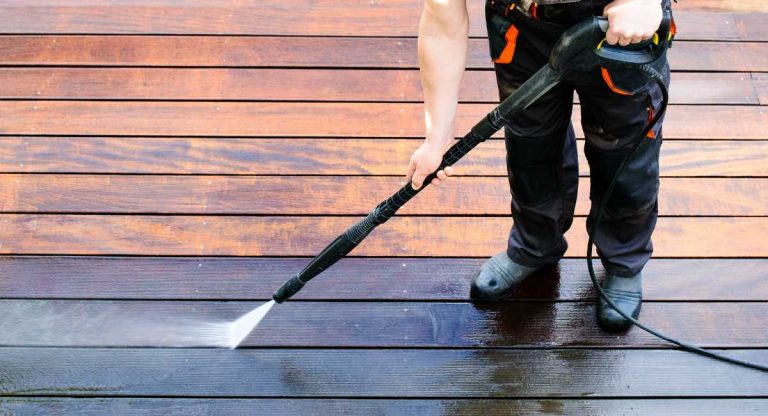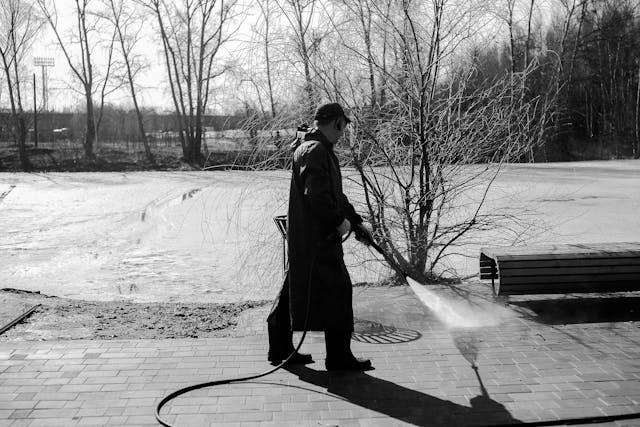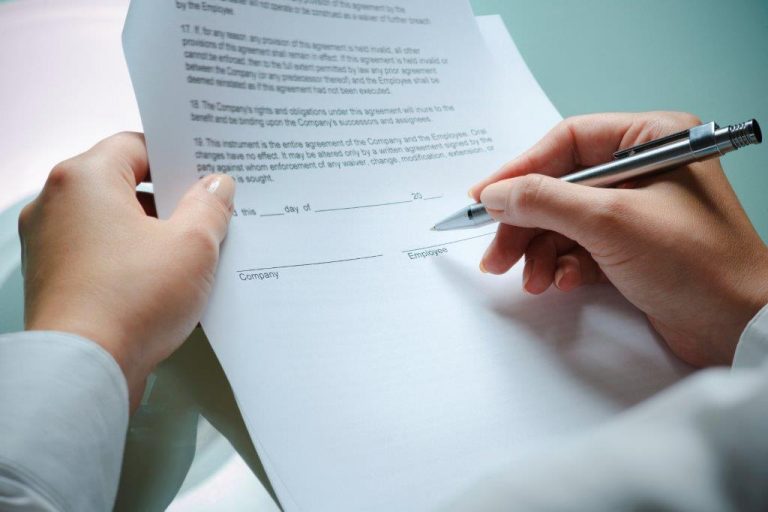
So, you’ve found a power washing company you like. The estimate looks fair, the photos are impressive, and the crew seems experienced. Time to sign, right?
Not so fast. 🛑
Before you commit, make sure you’ve reviewed the contract — the written agreement that outlines what’s included, what’s expected, and what happens if something goes wrong. A solid contract protects both you and the company, and it’s your best defense against hidden fees, bad service, or disputes.
Here’s everything that should be in a power washing contract — and what to avoid. 🧾
📝 1. Clear Scope of Work
Your contract should clearly state:
- The specific areas being cleaned (e.g., “front walkway and back patio” instead of “hardscapes”)
- The square footage or linear feet of surfaces involved
- Whether power washing or soft washing is being used
- Notes on stains, buildup, or algae that require special treatment
- Prep and post-cleaning details
If the contract is vague, ask for clarification — don’t rely on verbal promises.
🧴 2. Chemicals and Methods
Different surfaces need different treatment. Make sure the contract includes:
- Whether detergents or degreasers will be used
- Type of cleaning method (especially soft washing for siding or roofs)
- Whether the solutions are eco-friendly or require plant protection 🌿
This helps you understand how safe and effective the process will be.
💵 3. Payment Terms and Fees
Make sure the contract specifies:
- The total project cost (with all fees included)
- Whether a deposit is required
- When the balance is due
- Payment methods accepted
- Late payment penalties (if any)
You shouldn’t have to guess what the final bill will look like. 💰
🔐 4. Insurance and Liability Clauses
This is critical. The contract should confirm the company:
- Has general liability insurance
- Carries worker’s compensation for employees
- Is responsible for property damage caused by their work
Don’t just take their word for it — ask for a copy of their insurance certificate. Better safe than sorry.
🧼 5. Who’s Responsible for Prep and Cleanup?
The best companies will protect your property — but make sure it’s in writing:
- Are they moving patio furniture, or should you?
- Will they cover outlets, plants, and light fixtures?
- Are they responsible for post-job rinsing and debris cleanup?
These small details often cause the biggest misunderstandings.
⏱️ 6. Timeline and Job Duration
Your contract should specify:
- The start date and estimated completion time
- Backup dates in case of weather delays
- How long you can expect them to be on-site
This helps you plan — especially if you need to prep or be present.
🔁 7. Satisfaction Guarantee or Warranty
What happens if the job isn’t done to your liking?
- Do they offer free touch-ups?
- Is there a guarantee for algae or mildew regrowth?
- Who pays if something breaks during cleaning?
It’s always easier to get this in writing before there’s a problem.
🚩 8. Red Flags to Watch Out For
Be wary of contracts that:
- Are handwritten or missing details
- Don’t include insurance information
- Lack a signature line for both parties
- Say “price may vary” without explanation
- Don’t outline specific surfaces or prep steps
If something feels off, trust your gut.
✅ Final Thoughts
A power washing contract isn’t just paperwork — it’s your security blanket. It tells you what to expect, what you’re paying for, and what happens if something goes wrong.
Read it carefully, ask questions, and never sign anything unclear or incomplete. A professional company will respect your diligence — and you’ll enjoy peace of mind knowing your home is in good hands. 💧🏡🧼
Browse Amazon Here For Top Rated Power Washers And Accessories






